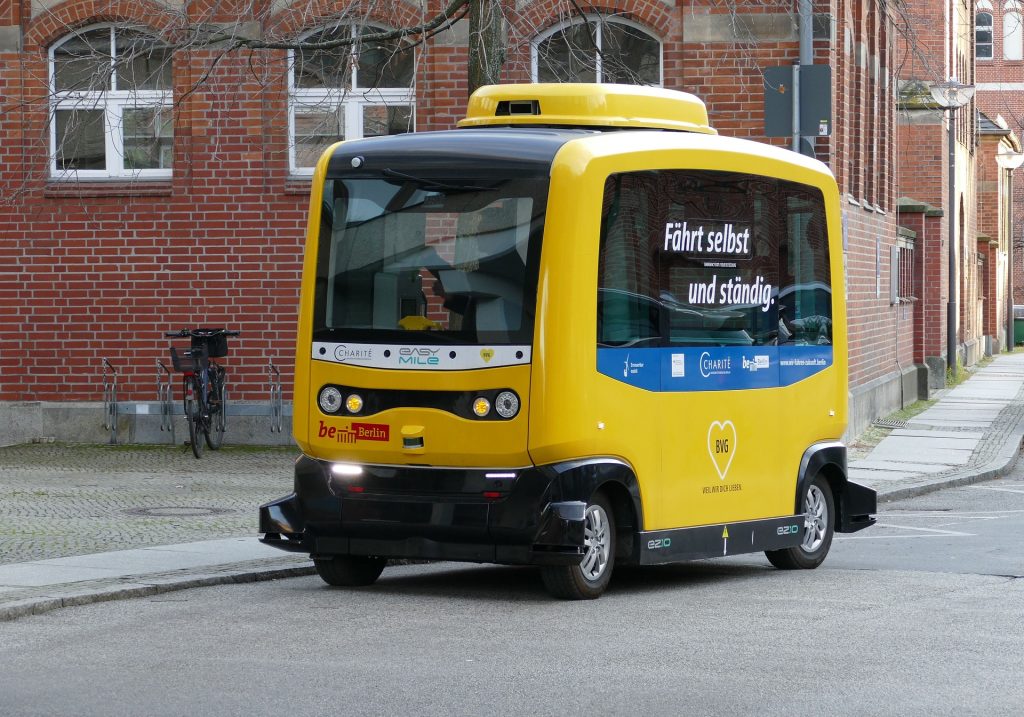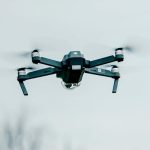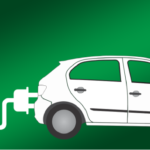
“For many decades, autonomous cars were rather futuristic and unrealistic visions of the world described by authors of science-fiction novels and directors of Hollywood action films. Recent technological discoveries have allowed scientists to create the first prototypes of this type of vehicle, which were quickly tested on the streets of major cities around the world, including San Francisco. In the United States, approval for autonomous cars is granted by the California Public Utilities Commission. To date, the commission has already granted several such approvals, including to the US company Cruise. The company made headlines in 2022 when one of Cruise’s autonomous Chevrolets was stopped by police officers. The car unexpectedly drove away from the police officers during the inspection, who immediately set off in pursuit. Eventually, the Chevrolet stopped behind the next intersection.
Although the development of electromobility in terms of autonomous driving is an extremely futuristic and innovative vision, it also brings with it a number of potential risks, particularly related to road safety, and poses the problem of assigning possible liability for causing damage. In addition, as warned by some in the scientific community, the growing popularity of devices using electricity as an alternative fuel will increase consumption and thus the demand for electricity.”
– Excerpt from the article “Intelligent transport solutions – autonomous vehicles in Polish law”
all available at: https://prawodronow.pl/en/smart-mobility/intelligent-transport-solutions-autonomous-vehicles-in-polish-law/







